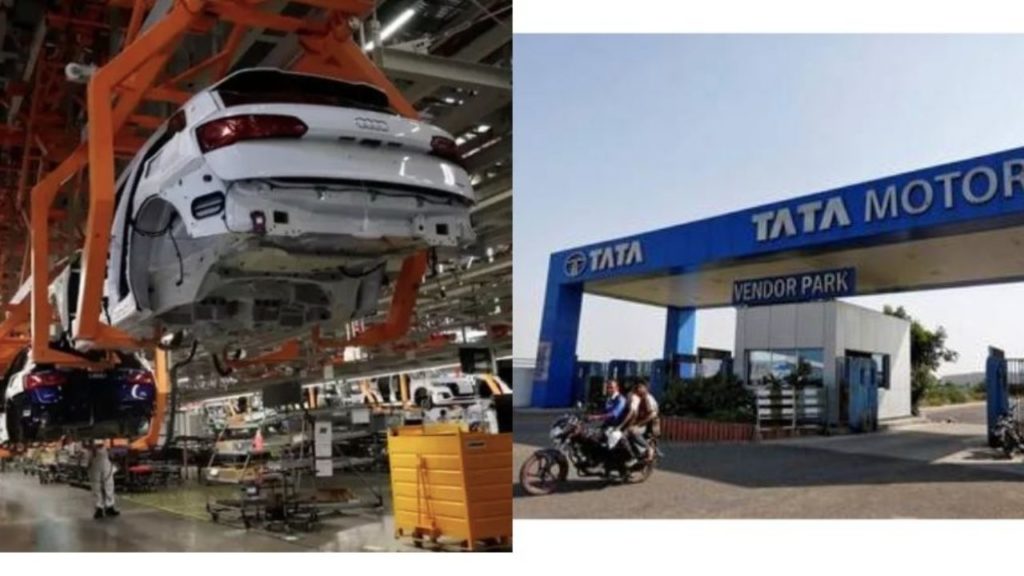Homegrown automaker Tata Motors has announced a 0.7% increase in passenger vehicle prices, including electric cars, effective February 1, 2024. This move attempts to partially offset consistently rising input costs.

Earlier in April 2023, Tata Motors had hiked PV rates by 0.6% amid surging commodity prices. Other carmakers like Maruti Suzuki and Audi have also raised rates in early 2024 citing high inflationary pressures.
Tata sells popular models like Nexon, Punch, Harrier and Safari in the fiercely competitive passenger vehicle space.
Following Industry Trend Amid Mounting Costs
The latest price hike follows an industry-wide trend of passing on mounting input costs to consumers through periodic increases.
Maruti pointed to heightened commodity rates for its decision. Similarly, Audi cited escalating supply-chain and operational expenses for a 2% price increase from January 1.
Carmakers have faced margin pressures from pricier imports, raw materials, transportation and energy costs. While demand revival has given them pricing power, additional costs are now being passed on.
Tata Motors’ domestic PV sales in December 2022 rose 18% to 43,859 units from 37,190 units last year, capturing nearly 15% segment market share.
Safeguarding Margins and Demand
Analysts feel modest price increases may safeguard margins without impacting the steady automobile demand momentum much.
But manufacturers need to cleverly balance safeguarding profitability without denting the post-pandemic recovery in volumes across mass and premium categories.
For Tata Motors, its electric portfolio could act as a hedge with EV policies still at a nascent stage. But conventional models will feel the pinch of rising input costs more.












